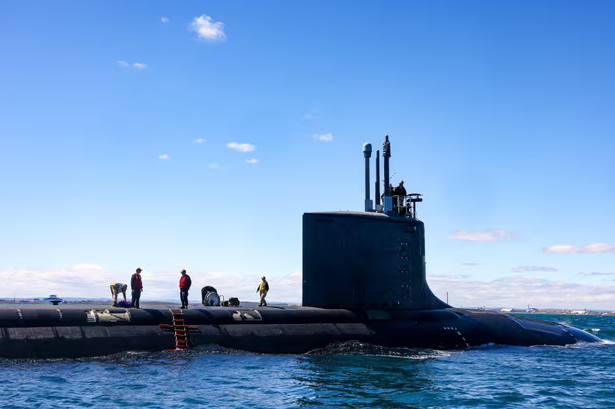
AUKUS Deal Faces U.S. Review, Political Fallout in Australia
The trilateral AUKUS security pact—linking Australia, the United Kingdom, and the United States—is now undergoing a significant review by the U.S. Department of Defense, raising questions about its future trajectory and sparking fresh political debate in Australia. The review is reportedly focused on strategic priorities, implementation timelines, and resource commitments, particularly as Washington recalibrates its global defense posture amid rising tensions in the Indo-Pacific.
Former Australian Prime Minister Scott Morrison, who was instrumental in negotiating the original deal in 2021, publicly defended AUKUS this week. Speaking at a policy forum, Morrison emphasized the pact’s long-term value in deterring regional threats and enhancing Australia’s defense capabilities—especially through its planned acquisition of nuclear-powered submarines. He warned against political "backsliding" on national security and described the deal as "a cornerstone of our sovereign defense future."
However, the AUKUS agreement has become a flashpoint for criticism among opposition parties and the Australian Greens. Critics argue that the deal risks tying Australia too closely to U.S. foreign policy, potentially entangling the country in future conflicts not of its choosing. There is also growing concern about the spiraling cost of the submarine program—now estimated in the hundreds of billions over several decades—and the lack of transparency surrounding technical, environmental, and industrial readiness.
Adding to the complexity, the U.S. review comes at a time when domestic issues in Australia are gaining urgency. Ongoing crises in the Northern Territory—including severe staff shortages in prisons and alarming incidents affecting public safety—have prompted calls for stronger federal leadership and funding. Health sector advocates, meanwhile, warn that rising costs and staff burnout are threatening core services, particularly in rural and Indigenous communities.
Some commentators see these intersecting pressures as part of a broader reckoning over government priorities. “We're committing enormous resources to an untested defense partnership while our hospitals and schools are under strain,” said Greens Senator David Shoebridge. “It’s time we ask what security really means for ordinary Australians.”
The outcome of the U.S. review could either reinforce or undermine AUKUS’s trajectory. For Australia, the political stakes are mounting—not only in terms of defense policy, but also public trust and the allocation of national resources in an increasingly volatile geopolitical landscape.
Author: Global Ripple
Posted on: June 12, 2025
 Global Ripple
Global Ripple